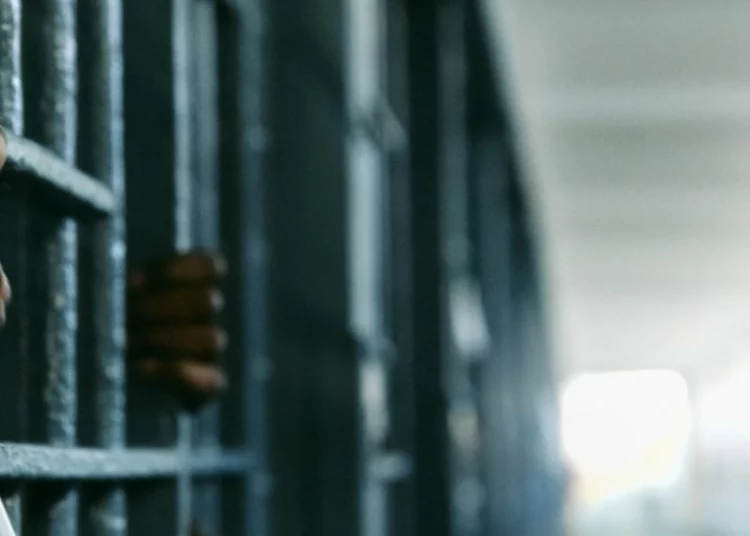Prison Fellowship Nigeria (PF Nigeria) has unveiled its Restorative Justice, Rehabilitation, and Reintegration Project, aimed at transforming Nigeria’s criminal justice system.
Funded by the European Union under the Rule of Law and Anti-Corruption (RoLAC Phase II) Programme and managed by the International Institute for Democracy and Electoral Assistance (International IDEA), the initiative will be implemented in eight states: Plateau, Adamawa, Edo, Anambra, the Federal Capital Territory (FCT), Kano, Abia, and Lagos.
Speaking with journalists in Jos, Plateau State, the executive director of PF Nigeria, Dr. Jacob Tsado, highlighted the project’s focus on addressing the harm caused by crime while promoting accountability and healing.
“This project is about creating a system where offenders take responsibility, victims find closure, and communities experience reconciliation. Restorative justice provides an alternative to punitive measures by focusing on healing and accountability,” he said.
Dr. Tsado announced that the project’s first workshop would take place at the Jos Business School, Off Rayfield Road, Jos.
He stressed the importance of this inaugural workshop in achieving the project’s objectives. He further emphasized the role of the workshop in raising awareness and building momentum for restorative justice practices.
“This workshop, themed ‘Fostering Justice, Reconciliation, and Community Healing,’ will set the tone for the entire project. It is designed to bring together stakeholders—lawyers, law enforcement officers, community leaders, and social workers—to understand how restorative justice can be practically applied in our justice system,” he said.
“The workshop in Jos marks the starting point for a series of engagements aimed at raising awareness about restorative justice. It will showcase how this approach can address conflicts effectively, help victims heal, and offer offenders a path to accountability and reintegration,” Tsado explained.
A key feature of the project is the establishment of Restorative Justice Centres in designated courts to facilitate alternative dispute resolution mechanisms and pre-diversion programmes. Dr. Tsado noted that these centres would help ease the burden on courts and correctional facilities.
Reflecting on PF Nigeria’s past achievements, he cited the successful establishment of a Restorative Justice Centre at the Samuel Ilori Court House, Ogba, in collaboration with the Lagos State Government. “That experience has shown us that restorative justice is not only effective but also scalable. We are optimistic that this project will replicate and surpass those achievements,” he said.
In addition to promoting restorative justice, the initiative includes rehabilitation and reintegration programmes for ex-offenders, capacity-building sessions, and interventions to improve access to justice for vulnerable groups, including women, children, and survivors of gender-based violence.
“Through these interventions, we aim to build a justice system that is fair, transparent, and restorative, ensuring that everyone—victims, offenders, and communities—can move forward together,” Dr. Tsado emphasized.





